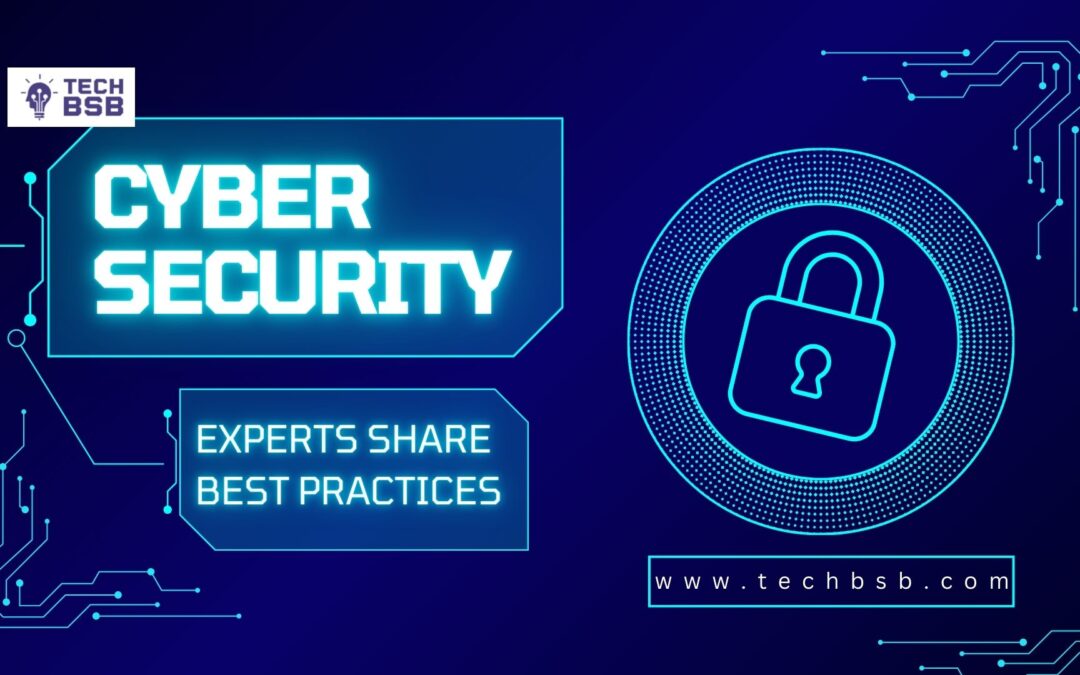As the digital landscape continues to evolve at an unprecedented pace, cybersecurity has become a critical priority for businesses across the globe. In response to the increasing complexity and sophistication of cyber threats, Tech BSB, a leading consulting platform specializing in artificial intelligence, cybersecurity, and business strategy, is sharing its top cybersecurity best practices for 2024 and beyond. These insights, provided by Tech BSB’s team of seasoned cybersecurity experts, are designed to help businesses stay ahead of potential threats and safeguard their digital assets.
- Implement Zero Trust Architecture
One of the most effective strategies for enhancing cybersecurity in 2024 is adopting a Zero Trust architecture. Unlike traditional security models that assume everything inside the network is safe, Zero Trust operates on the principle of “never trust, always verify.” This approach requires strict verification for every user and device attempting to access resources, regardless of their location.
Why It Matters: With the rise of remote work and the increasing use of cloud services, perimeter-based security is no longer sufficient. Zero Trust ensures that all access requests are thoroughly vetted, reducing the risk of unauthorized access and potential data breaches.
- Prioritize Multi-Factor Authentication (MFA)
Multi-Factor Authentication (MFA) remains a cornerstone of robust cybersecurity. By requiring users to provide two or more forms of verification before granting access, MFA adds an extra layer of security that can thwart cybercriminals even if they manage to obtain a user’s credentials.
Why It Matters: Passwords alone are no longer a reliable defense against cyber threats, as they can be easily compromised. Implementing MFA significantly reduces the likelihood of successful account breaches and helps protect sensitive information.
- Enhance Endpoint Security
With the increasing number of devices connected to corporate networks, endpoint security has become more critical than ever. Tech BSB recommends deploying advanced endpoint detection and response (EDR) solutions that can monitor, detect, and respond to threats in real-time.
Why It Matters: Endpoints, such as laptops, smartphones, and tablets, are often the weakest links in a network’s security chain. By enhancing endpoint security, businesses can mitigate the risk of malware infections, data breaches, and other cyber threats that target these devices.
- Invest in Regular Security Training
Human error remains one of the leading causes of cybersecurity incidents. To address this, Tech BSB emphasizes the importance of regular security training for all employees. This training should cover topics such as phishing awareness, secure password practices, and the proper handling of sensitive data.
Why It Matters: Well-informed employees are a critical line of defense against cyber threats. By investing in regular security training, businesses can reduce the risk of phishing attacks, social engineering, and other tactics that exploit human vulnerabilities.
- Leverage Artificial Intelligence and Machine Learning
Artificial intelligence (AI) and machine learning (ML) are revolutionizing the field of cybersecurity. These technologies can analyze vast amounts of data to identify patterns, detect anomalies, and predict potential threats before they materialize.
Why It Matters: As cyber threats become more sophisticated, traditional security measures are often insufficient. AI and ML provide businesses with advanced tools to proactively defend against emerging threats, ensuring a more resilient cybersecurity posture.
- Conduct Regular Security Audits and Penetration Testing
Regular security audits and penetration testing are essential for identifying vulnerabilities and assessing the effectiveness of existing security measures. Tech BSB advises businesses to conduct these assessments at least annually, or more frequently if possible.
Why It Matters: Cybersecurity is not a one-time effort but an ongoing process. Regular audits and penetration testing allow businesses to stay ahead of potential threats, address vulnerabilities promptly, and continuously improve their security strategies.
Conclusion
As we move into 2024 and beyond, the cyber threat landscape will continue to evolve, posing new challenges for businesses of all sizes. By implementing these best practices, Tech BSB’s cybersecurity experts believe that organizations can better protect themselves against cyber threats and ensure the security of their digital assets. At Tech BSB, we are committed to helping businesses navigate the complexities of cybersecurity, offering tailored solutions that address their unique needs and challenges. Together, we can build a safer, more secure digital future.





